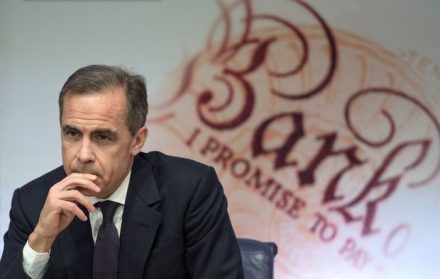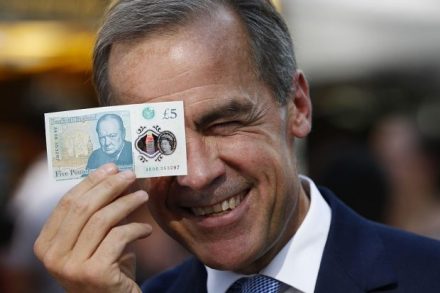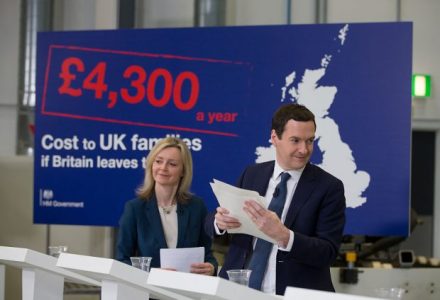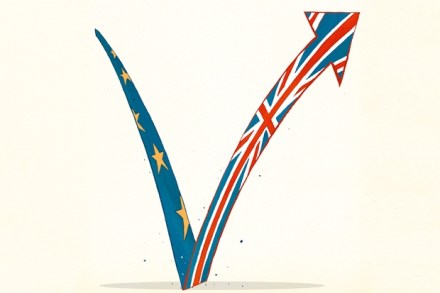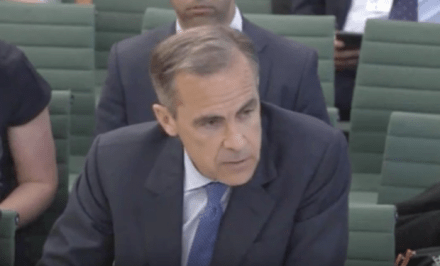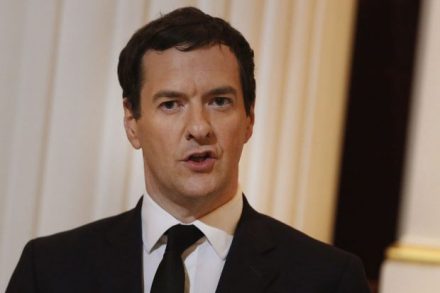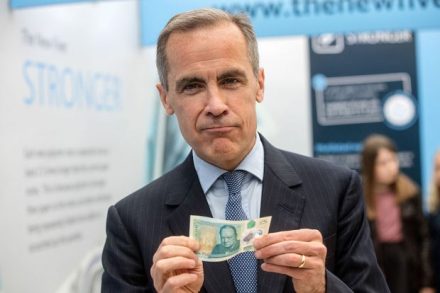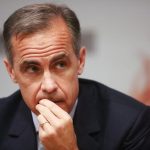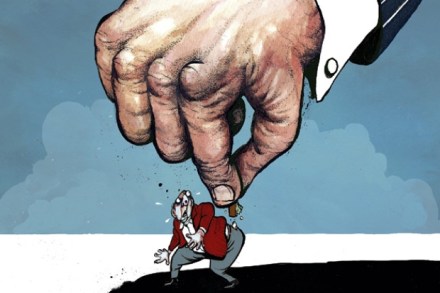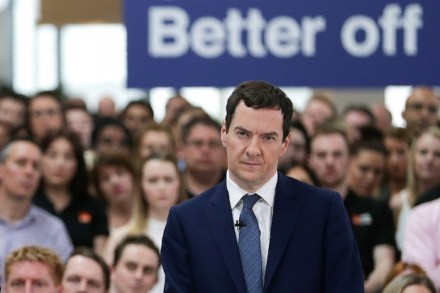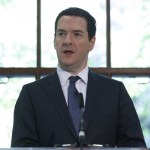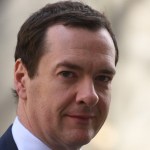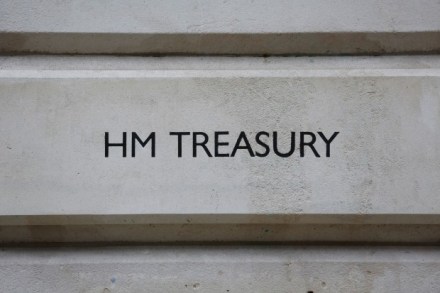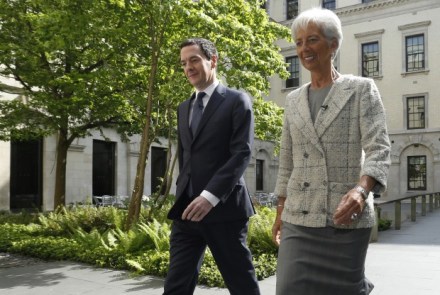Donald Trump is right to take action against China
It’s a mistake to think of Donald Trump as a protectionist, as Boris Johnson will have discovered during his recent visit to New York. Theresa May has said that some protectionist instincts are starting to creep in and that the UK should be a champion of free trade. Her remarks are widely interpreted as a reference to policies planned by Donald Trump, but his plans can just as easily be seen as a defence of a rules-based international trading system. One of the 28 pledges made in his Contract with the American Voter was to ‘identify all foreign trading abuses that unfairly impact American workers’ and to use ‘every tool under American





